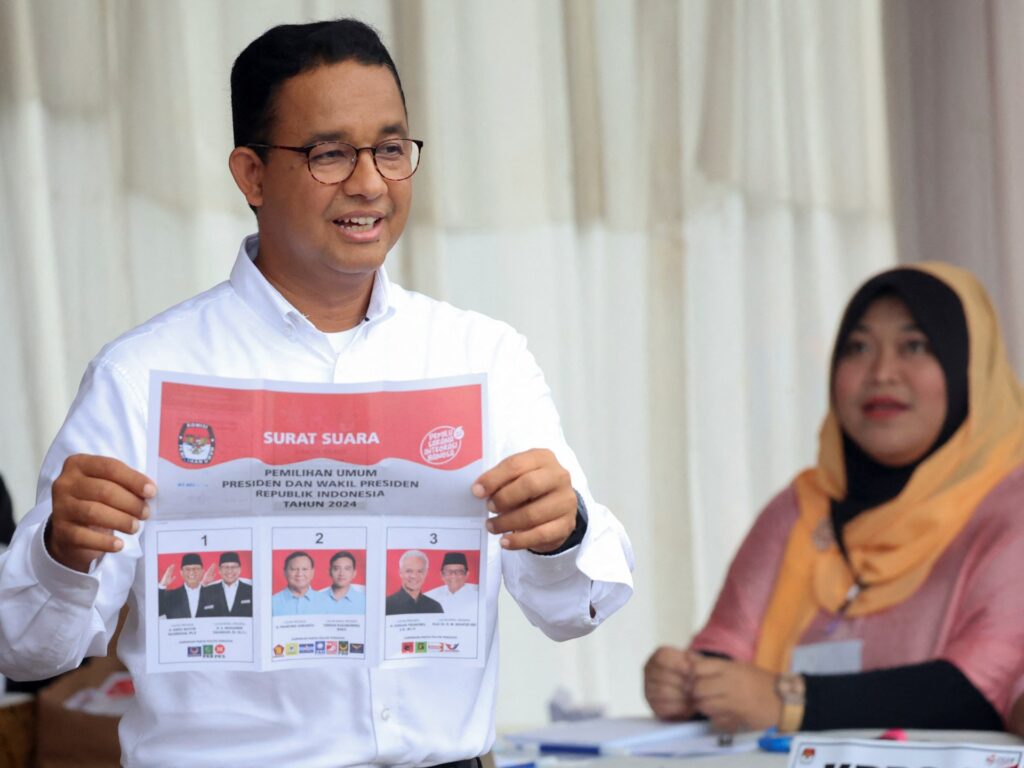Anis lost to former general Prabowo Subianto, who secured 60% of the vote in a February poll.
Anies Baswedan, who lost Indonesia's presidential election in February, went to court to express his objections to the vote and call for a new election, calling it unfair and fraught with interference.
In the February 14 election, Defense Minister Prabowo Subianto was elected with 60 percent of the vote. Anis came in second with 25%, and Gunjal Pranowo came in third with 16%.
Prabowo's running mate was 36-year-old Gibran Rakabumin Raka, the eldest son of current President Joko Widodo (also known as Jokowi), who remains extremely popular.
Anies, a former Jakarta governor and education minister, claimed there was tremendous pressure from the regime on local authorities and that the mobilization of social aid was a “bargaining tool” to ensure an outcome.
He warned that the world's third-largest democracy was at risk of reverting to its authoritarian past.
“If we don't fix it now, it will set a precedent for voting at every level in the future,” he said. “This behavior will be recognized as normal and customary.”
The Constitutional Court is scheduled to issue a ruling on April 22nd.
Challenges to election results are common in Indonesia. Mr Prabowo contested the outcome of his 2019 loss to Mr Jokowi, claiming there was widespread fraud and the result was rigged.
Mr. Anis's team claims that the inclusion of Mr. Gibran in the vice-presidential post on Mr. Prabowo's ticket unfairly influenced the vote, and asked the court to order the election to be re-run without Mr. Gibran. asked to do so.
Mr Gibran, a former mayor of Solo, also known as Surakarta, was able to run after a court ruled that the age limit for candidates does not apply if they are already holding public office.
His participation in the election fueled criticism that Jokowi was trying to build a political dynasty.
The president's allies defended him and rejected criticism that he abused his position.

